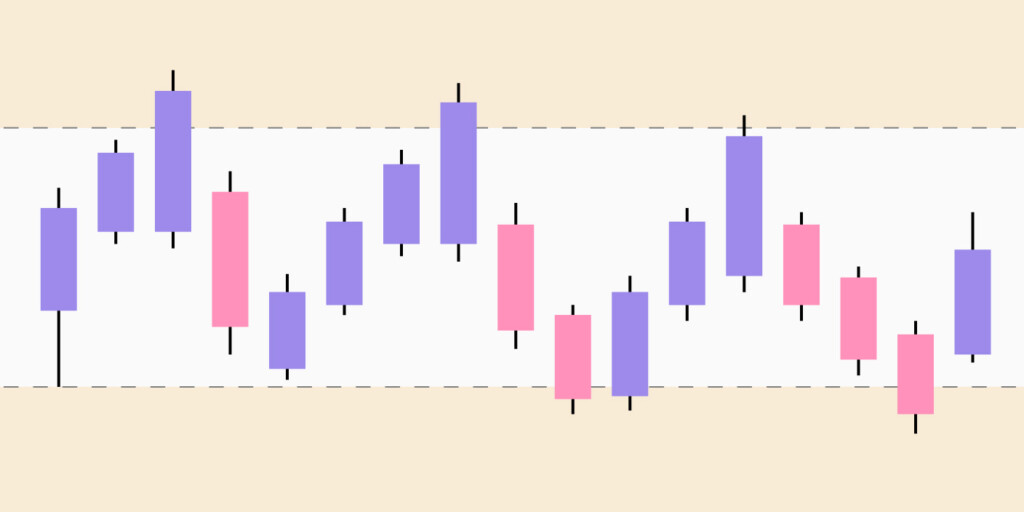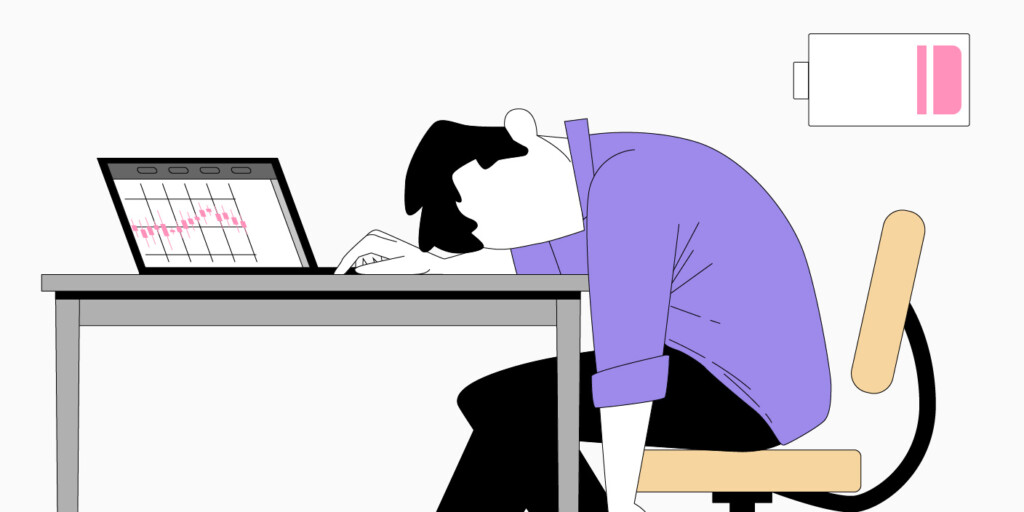

Holding onto trading profits longer is a key goal for any trader looking to build long-term prosperity. Just take a look at some of the most well-known traders in history — George Soros and Warren Buffett. Soros started trading in the 1950s, Buffett started investing in the 1940s, and both are still active today. Despite their different investment styles, they know a thing or two about holding onto positions and profits.
So, implementing risk management and preserving capital are crucial for long-term results. And this short guide will offer 7 tips to get closer to that goal.
“Trading is not about making money but keeping it.”
Mike Bellafiore, author of One Good Trade and The PlayBook
Use stop losses

Stop losses are your safety net — if the price drops to a certain level, the stop loss order will automatically trigger and limit further losses. If the market is on the upswing, that’s where trailing stop losses come in. This type of order adjusts the stop loss price as the price of the asset moves. Thus, you get to ride the wave of profits without risking everything.
Use position sizing
The amount of capital you allocate to each trade is a crucial aspect of risk management.
Here’s how it works: let’s say you have $1,000 in capital to trade with. Instead of putting all of it into one trade, you can break it up into smaller positions. For example, you could allocate 1% of your capital, or $10, to each trade. Even if one trade goes south, your journey will continue.
Apply leverage carefully
Be conservative with your leverage. It’s easy to get caught up in the excitement of potential profits, but remember that the higher your leverage, the higher your risk.
Also, always be mindful of your account balance and margin requirements. If you’re using too much leverage, it can quickly eat away at your account balance and put you in danger of a margin call.

Avoid overtrading

Have you ever found yourself glued to your trading screen, frantically jumping from one trade to another in the hopes of earning a quick profit? If so, you may be guilty of overtrading. Instead, you should be selective with your trades. Avoid jumping into every opportunity that comes your way but focus on high-quality trades that have a higher probability of profit.
Avoid trading during news events
News events are a double-edged sword for traders. On the one hand, they create significant market movements that present opportunities for profits. On the other hand, these same movements can cause significant losses if traders aren’t careful. Besides, the fast-paced nature of news events can lead to impulsive trading decisions.
The safer strategy during a news event is to simply sit it out.
Practice patience and discipline
Patience is particularly important for a trader with a long-term perspective. It’s not about making a quick buck or hitting it big with a single trade, and it’s patience that helps you maintain this perspective.
Discipline is also critical, which means setting clear goals, establishing a trading strategy, and sticking to it, even when the markets are volatile or emotions are running high.
Take breaks

“Sometimes the best trade is no trade. Take a break from the markets if you have to.”
Jack Schwager, author of Market Wizards: Interviews with Top Traders
As Schwager notes, sometimes the best thing is taking time away from the markets altogether. Consider stepping away from their screens, disconnecting from trading news and analysis, and engaging in other activities that they enjoy. You don’t want trading to consume all of your time and energy, leaving little room for other important areas of your life.
Take this time off to remind yourself what your long-term goals are.
Sources:
What Is a Stop-Loss Order? The Motley Fool
Warning: Use Leverage Carefully, Motion Trader
News Trading – Why You Won’t Make Money Trading News, Tradeciety





